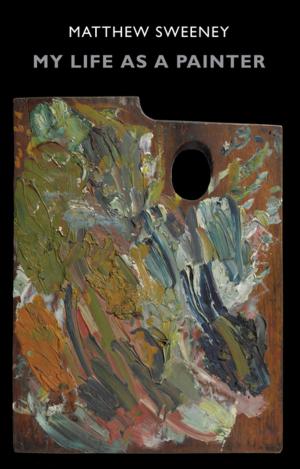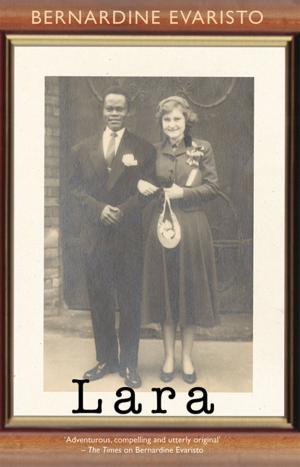| Author: | Claire Askew | ISBN: | 9781780372778 |
| Publisher: | Bloodaxe Books | Publication: | January 21, 2016 |
| Imprint: | Bloodaxe Books | Language: | English |
| Author: | Claire Askew |
| ISBN: | 9781780372778 |
| Publisher: | Bloodaxe Books |
| Publication: | January 21, 2016 |
| Imprint: | Bloodaxe Books |
| Language: | English |
This changes things is Claire Askew’s first full collection, coming after years of work in Scotland’s flourishing poetry and spoken word scene. Her poems focus on the lives and experiences of women - particularly the socially or economically marginalised - at pains both to empathise and to recognise the limits of this empathy. They embody a need to acknowledge and challenge the poet’s privileged position as documenter and outsider, a responsibility to the poem’s political message and to that message’s human subject. This changes things draws much of its strength from this exploration of inbetweenness. Claire Askew’s purposeful deployment of objects, lighting effects and liminal spaces implicates her reader in the poem’s argument, holds up a mirror and asks us to pay attention. The book’s romantic relationships, depictions of frustrated travel or social mobility, are bound up in its awareness of the systems of power that permit no true state of innocence. Even the final poem, ‘Hydra’ - with its celebration of the body and its senses - cannot ultimately allow us off the hook. This changes things unsettles the homely and recognisable. In its compromised, imperfect characters and narratives, it proposes a radical way of translating neoliberal Britain.
This changes things is Claire Askew’s first full collection, coming after years of work in Scotland’s flourishing poetry and spoken word scene. Her poems focus on the lives and experiences of women - particularly the socially or economically marginalised - at pains both to empathise and to recognise the limits of this empathy. They embody a need to acknowledge and challenge the poet’s privileged position as documenter and outsider, a responsibility to the poem’s political message and to that message’s human subject. This changes things draws much of its strength from this exploration of inbetweenness. Claire Askew’s purposeful deployment of objects, lighting effects and liminal spaces implicates her reader in the poem’s argument, holds up a mirror and asks us to pay attention. The book’s romantic relationships, depictions of frustrated travel or social mobility, are bound up in its awareness of the systems of power that permit no true state of innocence. Even the final poem, ‘Hydra’ - with its celebration of the body and its senses - cannot ultimately allow us off the hook. This changes things unsettles the homely and recognisable. In its compromised, imperfect characters and narratives, it proposes a radical way of translating neoliberal Britain.















